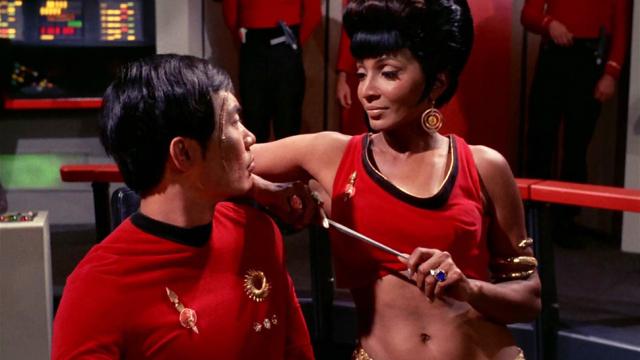Philosophers, scientists and metaphysicians have spent thousands of years trying to untangle the mysteries of human existence. Questions like “nature vs. nurture,” or “fate vs. free will” have no easy answer — unless you watch television, that is. Here are 7 TV episodes that sorted out questions that the great minds couldn’t resolve.
1) “Mirror, Mirror,” Star Trek: The Original Series
Question: Nature or Nurture?
The episode that launched a thousand parallel worlds (and established, once and for all, that a man with a goatee is a man who shouldn’t be trusted), “Mirror Mirror” also shows that the upstanding, moral Enterprise crew could be completely different people if they had grown up in the dark world of the mirror universe.
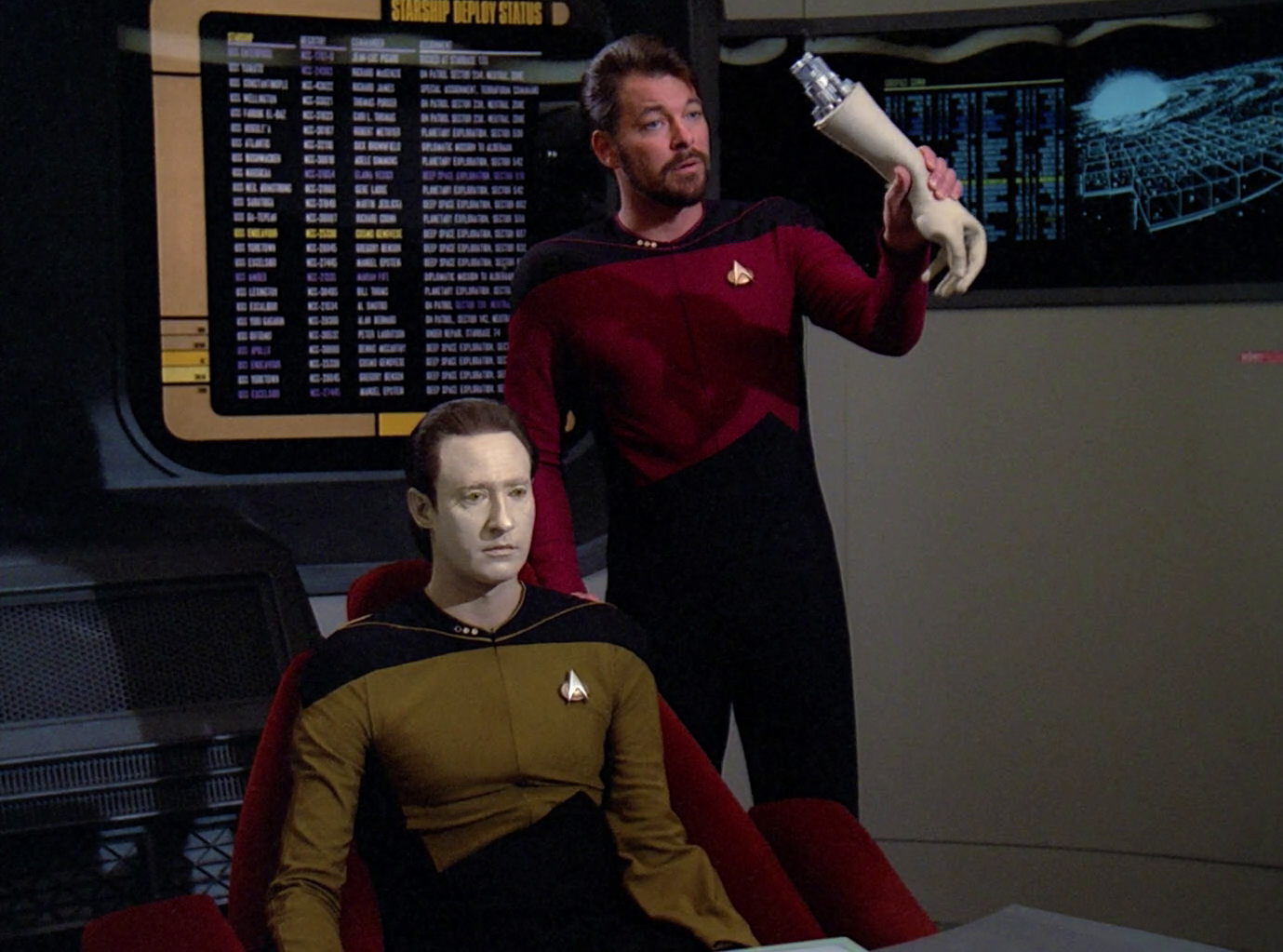
2) “The Measure of a Man,” Star Trek: The Next Generation
Question: What does it mean to be a person?
Widely considered one of the best episodes of the series, “The Measure of a Man” goes beyond “courtroom episode” and straight into philosophy. When a cyberneticist decides that he wants to disassemble Data in order to learn from his design, Data refuses and a hearing is called to determine whether Data is even allowed to make that decision. The episode dives into questions like what does it mean to be sentient, is it even possible to measure consciousness, and how do we determine who deserves rights and who does not. In the end it’s decided that Data at least passes the sentience test at the same level as humans, and that therefore he must be allowed to decide for himself.
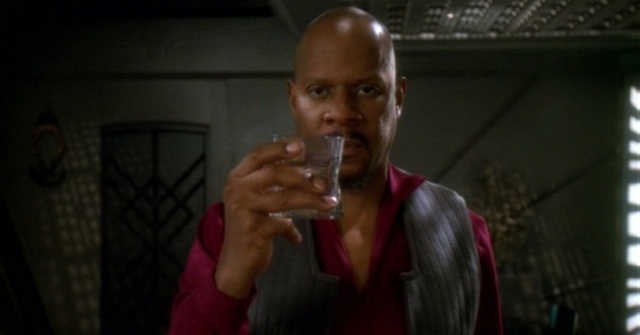
3) “In the Pale Moonlight,” Star Trek: Deep Space Nine
Question: Do the ends justify the means?
Another riff on the what is acceptable in the name of the greater good question, this episode sees Ben Sisko team up with Garak to bring the Romulans into the war against the Dominion. The plan becomes darker and darker over the course of the hour, with Sisko becoming complicit in the murder of two people, along with a whole host of other crimes and bad acts. In the end the Romulans do join the Federation’s side, at the cost, as Garak says, of “the life of one Romulan senator, one criminal, and the self-respect of one Starfleet officer.” But the ends clearly do justify the means, even at the cost of one man’s personal morality.
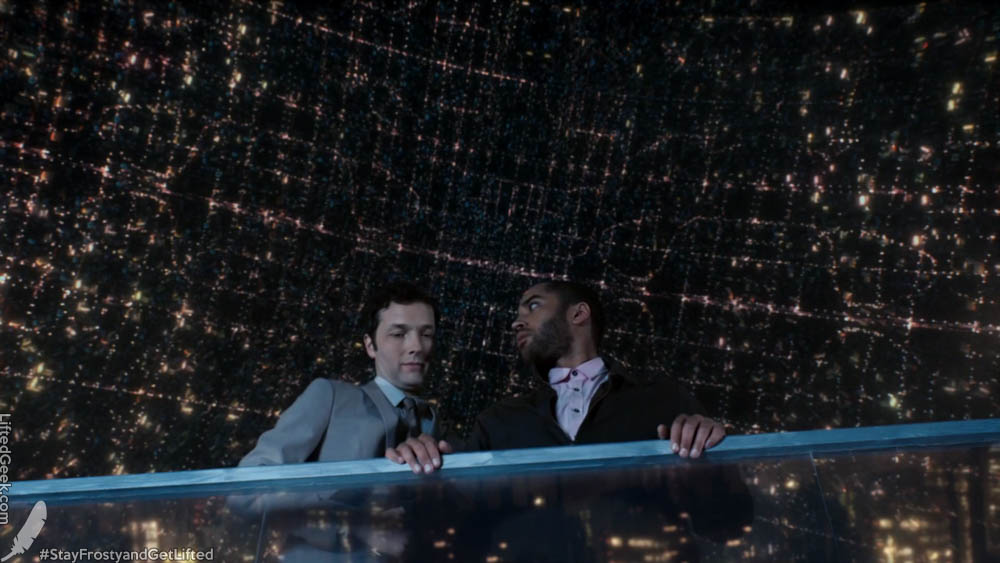
4) “Dark Water” and “Death in Heaven,” Doctor Who
Question: What happens after death?
Technically speaking, the Nethersphere in Doctor Who isn’t the afterlife, per se — but it is capturing people’s consciousnesses after death and keeping them in a kind of cybernetic “Heaven,” which means that people can later have their souls downloaded back into their bodies — which turn into Cybermen. In other words, there is something after death, and something remains of the human consciousness. Related question: do all dogs go to the Nethersphere, and is this how you get Cybershades?
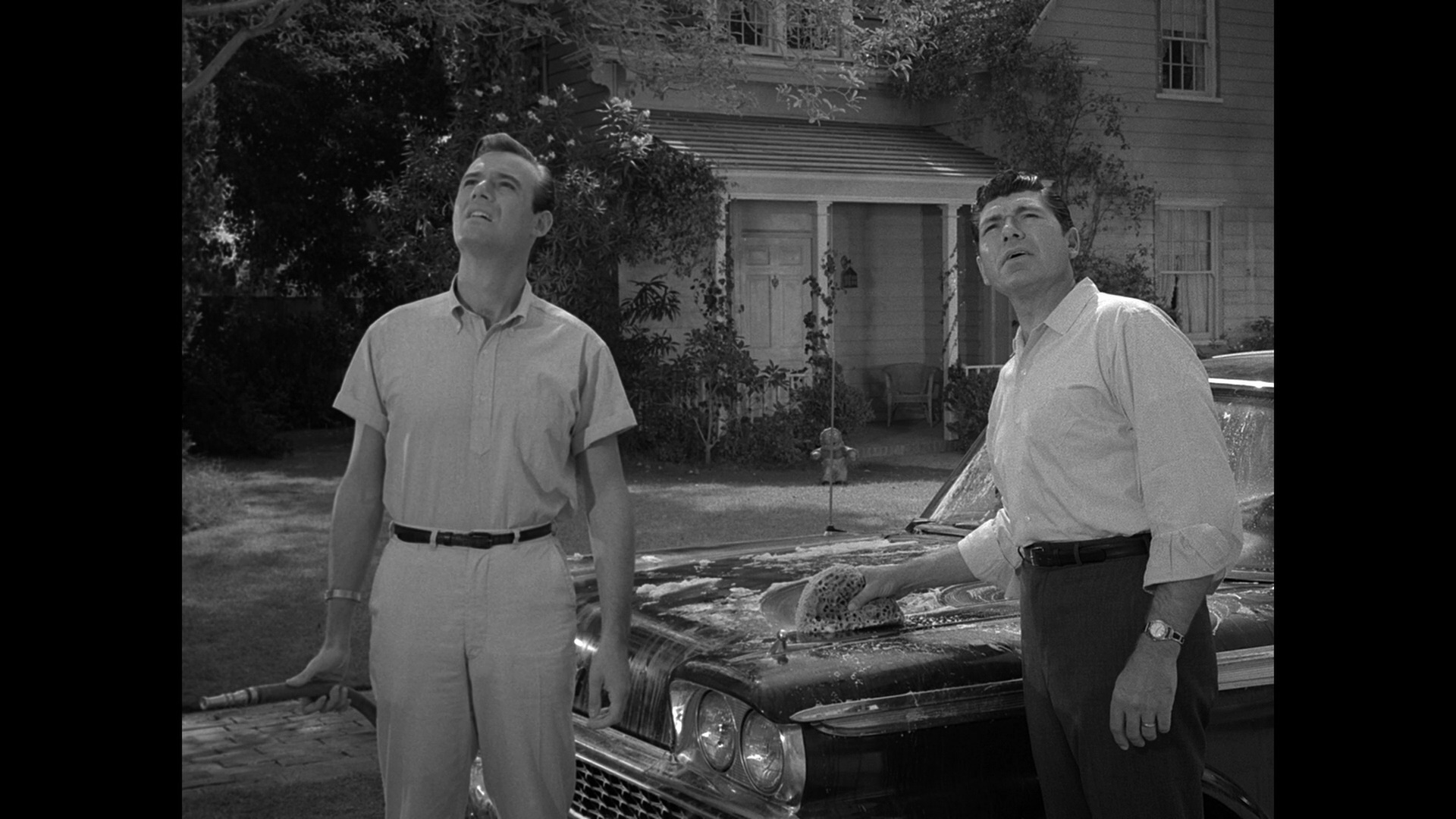
5)”The Monsters Are Due on Maple Street,” The Twilight Zone
Question: What is the true nature of humanity?
In this episode of The Twilight Zone, humans are basically panicky, selfish, and shitty. The residents of Maple Street see a shadow and flash of light overhead, but think nothing of it until the power goes off. They take it into their heads that this is the result of an alien invasion, with the aliens hiding among them as people, and chaos and mob-mentality ensues. It turns out that the shadow was actually a spaceship, and the episode concludes with two aliens remarking that the best way to destroy humanity would just be to let the humans do it for them.

6) “Help,” Buffy the Vampire Slayer
Question: Is there such a thing as fate, and can it be changed?
In this episode, Buffy meets a teenage girl who informs her that she’s foreseen her own death. Buffy scrambles around and saves her from being sacrificed during a summoning ritual, and then from a crossbow bolt to the head, but the girl goes ahead and dies anyway from a congenital heart defect. So, no to the whole changing fate question.
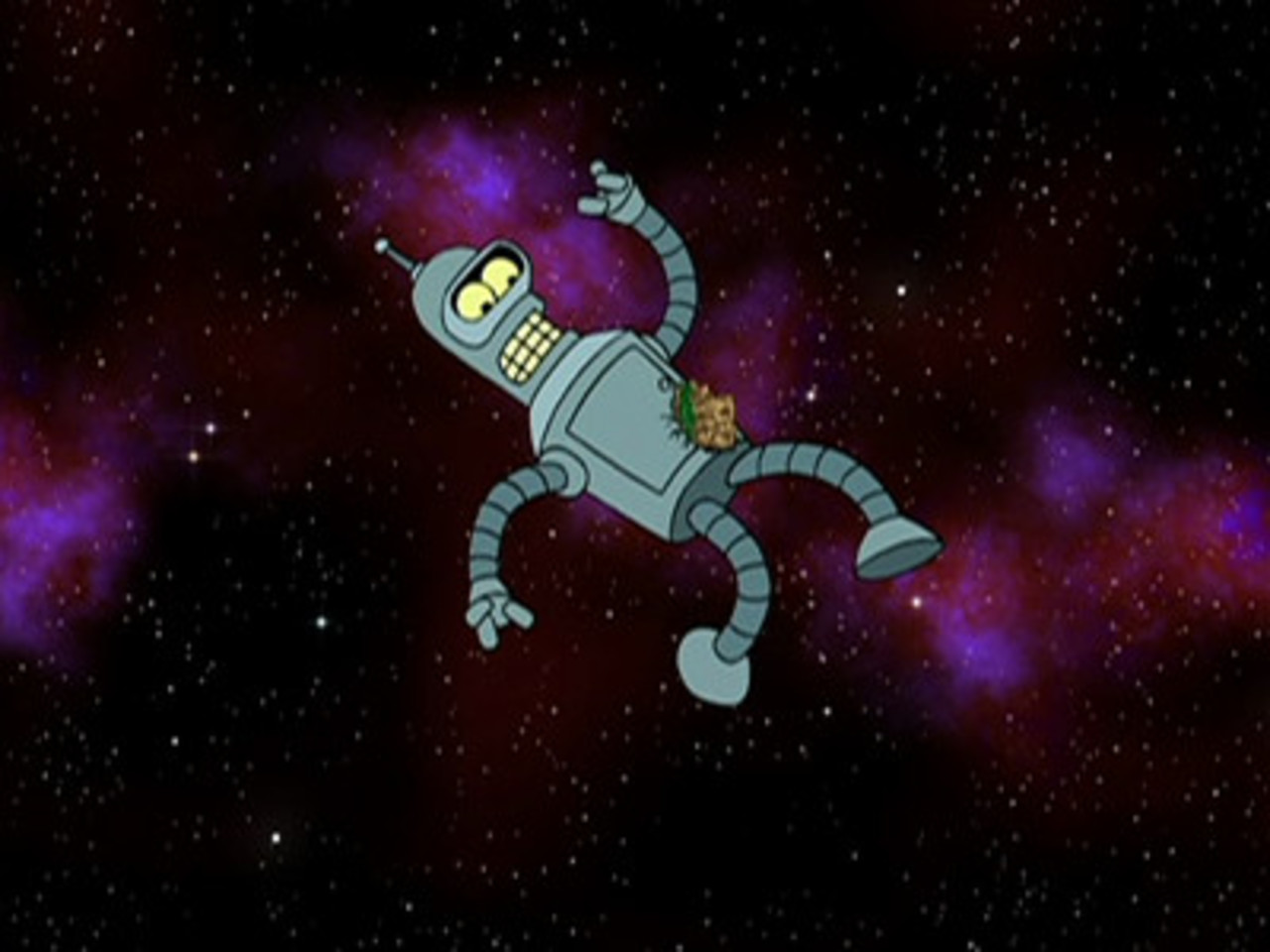
7) “Godfellas,” Futurama
Question: Does God exist?
This episode may ask more theological questions than it answers, but the answers it does give are hilarious. During an attack Bender is accidentally fired into space, where he crashes into an asteroid and becomes a god to a tiny humanoid civilisation that grows on him. Some of the “Shrimpkins” migrate to his buttocks and become atheists, war breaks out, and the civilisation is destroyed. Bender continues on his way and meets a godlike entity, who shares some similar experiences and says that it’s just given up on direct intervention. So the answer to “does God exist” may be “you only think he doesn’t because you’re living between his butt cheeks”?
